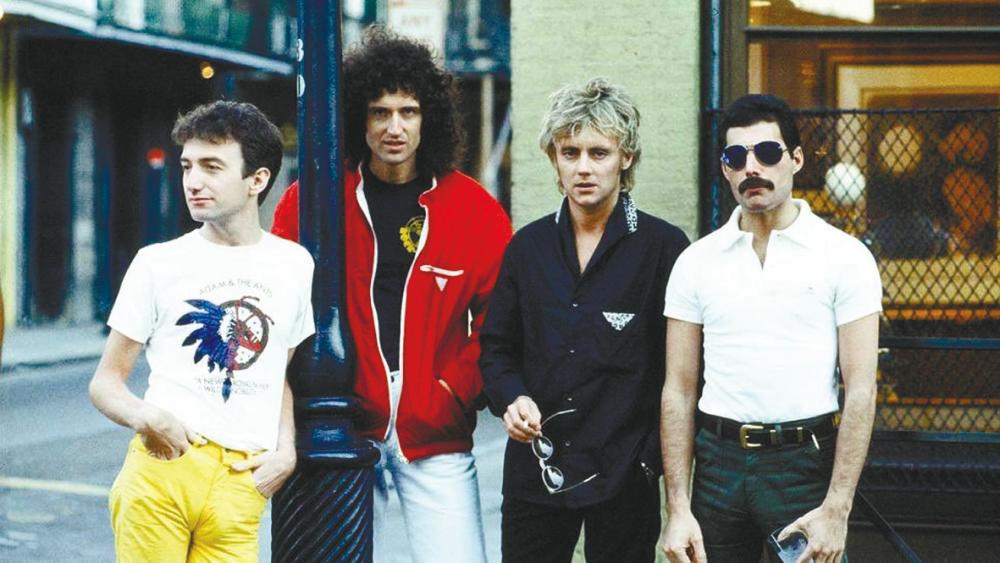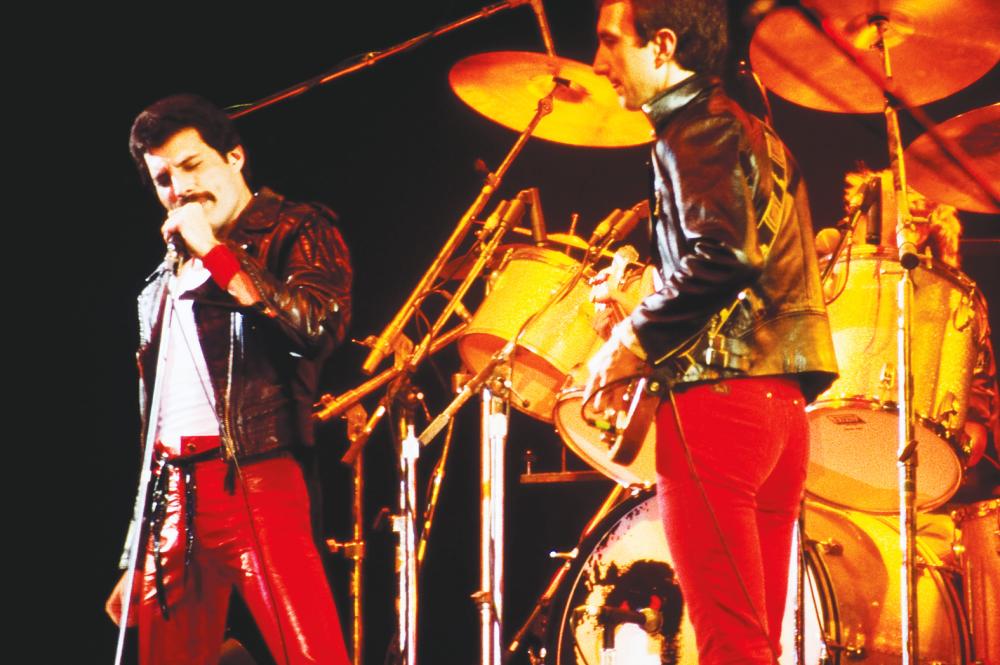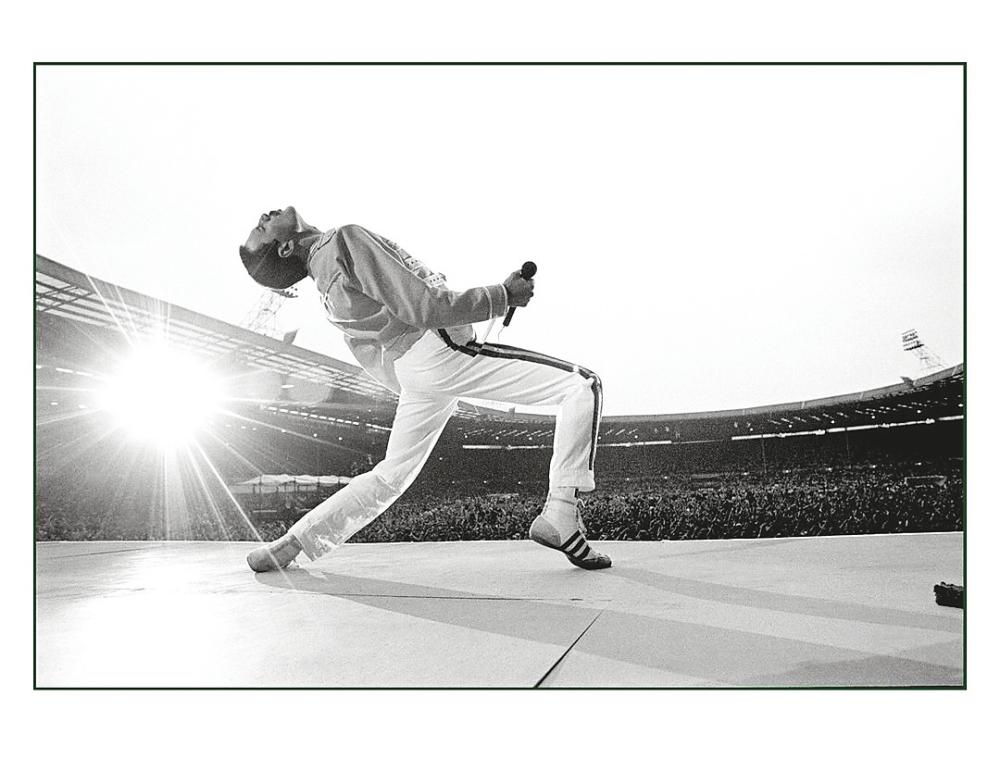MANY remember on this day 30 years ago was the day rock music lost one of its greatest sons. On the evening of Sunday, Nov 24, 1991, rock icon Freddie Mercury passed away after – what many speculated – almost a decade of battling HIV/AIDS.
In the 30 years since then, Freddie’s mark on both the rock and music industry as a whole continues to inspire every new generation of singers, musicians, songwriters and music producers.
The British singer, songwriter and lead vocalist of Queen continue to be hailed as one of the pioneer singers in the annals of rock history.
Like others in a similar musical vein as Freddie, the singer’s sustained presence in modern music is a testament to his everlasting, timeless legacy.

To new grounds
Though Freddie is known as a British musician, many continue to be unaware that he was a naturalised citizen, who originally came from the former state of Zanzibar (now Tanzania, East Africa) that a British protectorate. His birth name was Farrokh Bulsara.
Freddie’s parents were Parsis, from western India, with deeper roots in Gujarat. The whole family eventually fled the revolution in Zanzibar to England in the early 60s.
In England, Freddie completely immersed himself in music and upon graduating in 1969, he did what most young musicians did after coming free from the reins of education; either start or join rock bands, while holding odd jobs to finance their love for music.
From getting his start with the band Ibex/Wreckage before moving on to Sour Milk Tea, Freddie would then form the band Smile with guitarist Brian May and drummer Roger Taylor.
After bassist John Deacon rounded up the only missing element in Smile, Freddie then changed the band’s name to Queen.
“It had a lot of visual potential and was open to all sorts of interpretations,” Freddie explained in an interview.
“I was certainly aware of the gay connotations, but that was just one facet of it.”

Queen
With the band now complete, and before releasing their critically acclaimed self-titled debut album, Freddie used the graphic art and design diploma that he graduated in to design the iconic Queen logo, which contains the zodiac signs of each band member.
Over the next 25 years of the band’s truly active lifetime, Queen released 15 full-length studio albums, with the last, Made in Heaven coming out posthumously following Freddie’s passing four years earlier in 1991.
As a solo artiste, Freddie released Mr Bad Guy in 1985. It was the only solo album by the singer during a period of hiatus by Queen. Three years later, Freddie collaborated with operatic soprano Montserrat Caballé on Barcelona.
A large part of what made Queen “work” was simply Freddie. It is as straightforward as that. The very fact that the band ceased to continue recording and performing following his passing is indicative of this.

That is not to say that Queen’s other band members were not up to par with the frontman, or that the music was not good; each were all part of the same well-oiled machine.
Yet, without Freddie’s eclectic four-octave vocal range and wild, highly charismatic on-stage performances, Queen is relegated to “just another rock band”.
Ultimately, Freddie made Queen, and without him, it was broken.

Curtain falls
Life is full of moments of “What ifs”, both personal, social and historical. What if there was no first or second World War? What if that person had sought help instead of committing suicide?
What if Freddie Mercury never contracted HIV/AIDS? What if Queen and Freddie Mercury continued to exist?
No one is able to tell for certain how drastically different the music landscape might have been if Freddie never succumbed to the deadly virus. For instance, while Queen was immensely popular on its home ground, the band’s popularity in the United States waned in the 80s.
Following Freddie’s death, Queen’s albums saw a surge in sales. This is often referred to as the “dead star factor” – a phenomenon that sees a singer or musician’s popularity increase following his or her death. Every music icon from Prince to Kurt Cobain has experienced this.
Is it really fair then to attribute Freddie’s long-lasting impact on music simply to his tragic end? Or, was he always bound to become a king among kings if the factor of his untimely death was never in the picture?
There is no clear answer.
What we can find solace in, however, is that Freddie existed, and through ‘elemental’ or cosmic machinations, he laid a template, a foundation and a legacy that sees no end in continuing to inspire younger musicians and singers from carrying the inextinguishable torch that he placed on the ground 30 years ago. Thank you, Freddie.









